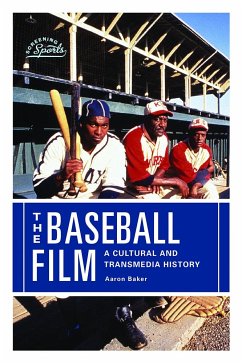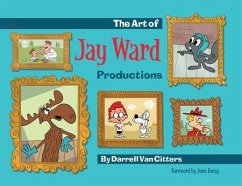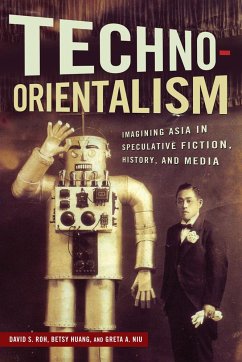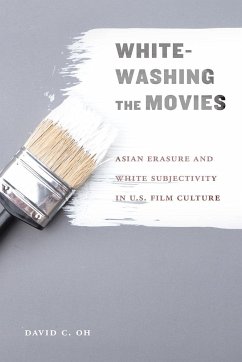Nicht lieferbar
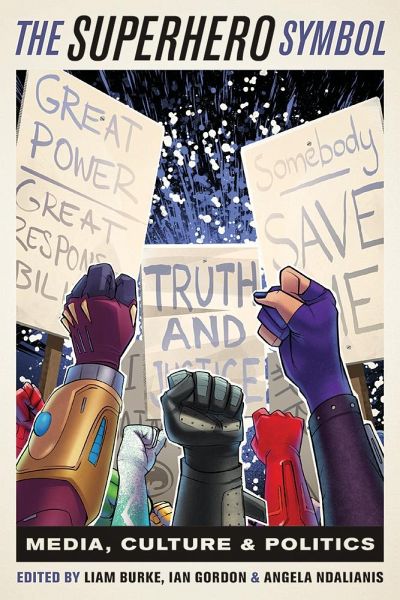
The Superhero Symbol
Media, Culture, and Politics
Herausgeber: Burke, Liam; Ndalianis, Angela; Gordon, Ian
Versandkostenfrei!
Nicht lieferbar
Bringing together superhero scholars and key industry figures The Superhero Symbol unmasks how superheroes have become so pervasive in media, culture, and politics. This timely collection explores how these powerful icons are among the entertainment industry’s most valuable intellectual properties, yet can be appropriated for everything from activism to cosplay and real-life vigilantism.






